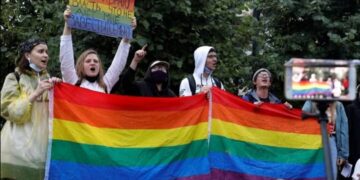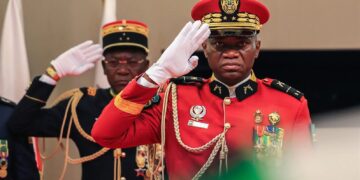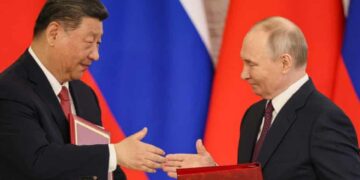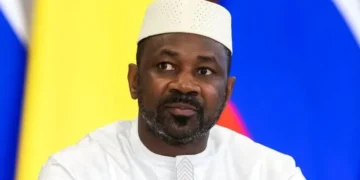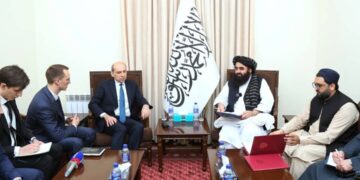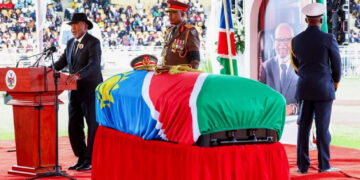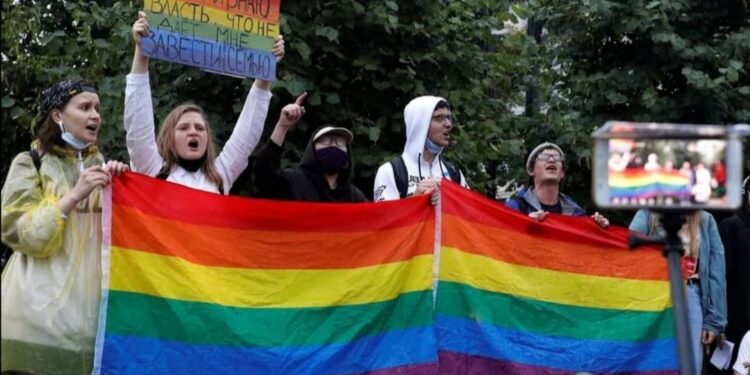The Supreme Court in Russia has placed a ban on the activities of “the international LGBT public movement” across the country and branded it an extremist organization.
The ruling was in response to a motion instituted by the justice ministry, even though no such organisation exists as a legal entity in the country.
According to a BBC report, the hearing was held behind closed doors, but reporters were allowed in to hear the court’s decision. Nobody from “the defendant’s side” had been present, the court said.
Russia’s constitution was changed three years ago to make it clear that marriage means a union between a man and a woman. Same-sex unions are not recognised here.
Sergei Troshin, a municipal deputy in St Petersburg who came out as gay last year responded to a question on what effect the ruling would have.
“I think this will mean that anyone whom the state considers an LGBT activist could receive a long prison sentence for ‘participating in an extremist organisation’,” he said.
“For the organiser of such a group, the prison term will be even longer.
“This is real repression. There is panic in Russia’s LGBT community. People are emigrating urgently. The actual word we’re using is evacuation. We’re having to evacuate from our own country. It’s terrible.”
In recent years Russia’s LGBT community has come under increasing pressure from the authorities. In 2013, a law was adopted prohibiting “the propaganda [amongst minors] of non-traditional sexual relations”.
Earlier this month, one Russian TV channel discoloured a rainbow in a South Korean pop video, to avoid being accused of violating the “gay propaganda” law.
At the Duma, the lower house of the Russian parliament, Vitaly Milonov, a famously homophobic MP from the ruling party, United Russia, said the ban on LGBT groups was “not about sexual minorities or the private life of individuals”.
“It’s more about the political agenda proclaimed by this LGBT international movement,” he told me.
“They have their own tasks, their own goals. They act as a political force, a political structure and the goals of this structure contravene the Russian Constitution.”
“You talk about a political structure,” I responded. “But there isn’t a movement called the ‘International LGBT public movement.’ How can you ban something that doesn’t exist?”
“Oh, it’s easy,” Mr Milonov replied. “We can ban any activities from LGBT international organisations here in Russia. That’s nice. We don’t need them.
“And I’m looking forward to the next step: banning the six-colour rainbow flag. We don’t need this flag. It’s a symbol of the fight with the traditional family. I hope that no-one can show this flag in Russia.”
Under Vladimir Putin, the Kremlin has embraced an ideology centred around conservative thinking and “traditional family values”.
The authorities portray LGBT activism as something inherently Western and hostile to Russia. Pressure on the LGBT community is presented as a means of defending the moral fabric of Russia.
